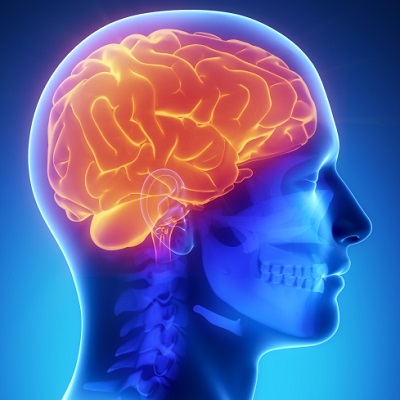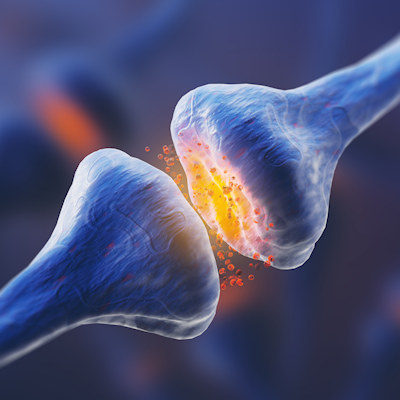November 16, 2022 -- Researchers at King’s College London and the University of Bath have made a nerve cell discovery that may improve treatment options for patients with neurodegenerative diseases, including Alzheimer’s.
The study, published November 15 in the journal Current Biology, investigated proteins that play an essential role in nerve cell development and cause disease when they malfunction.
Splicing proteins were known to aggregate into insoluble complexes in cell cytoplasm which can interfere with nerve cell function. However, this study found a major splicing protein in the protein/messenger RNA complexes within nerve cell axons. Axon dysfunction often results in progressive neurological disorders.
The scientists found that the splicing protein SNRNP70 binds to, and subsequently shapes, mRNA strands. This mRNA carries genetic information from the cell nucleus to the cytoplasm where it is used to create further proteins.
Using zebrafish, the researchers disrupted the splicing protein's function. Motor neurons then failed to establish normal connections while losing other connections -- behavior also observed in human neurodegeneration.
However, when SNRNP70 was re-introduced into these neurons' cytoplasm and axons, it restored motor connectivity and neuronal function. The researchers believe this splicing protein is essential for mRNA to move from the nerve cell body along axons to peripheral neuron parts.
"Now we know these types of molecules have a function outside the nucleus, we will need to approach neurodegeneration from a different angle, asking ourselves how these disease-causing aggregates interfere with the function of these proteins not only in the nucleus but also in the cytoplasm, and what role they play in the breakdown of neurons. This is something that hasn't been thought about before," co-author Nikolas Nikolaou, PhD, from the University of Bath's Department of Life Sciences, said in a statement.
Copyright © 2022 scienceboard.net












